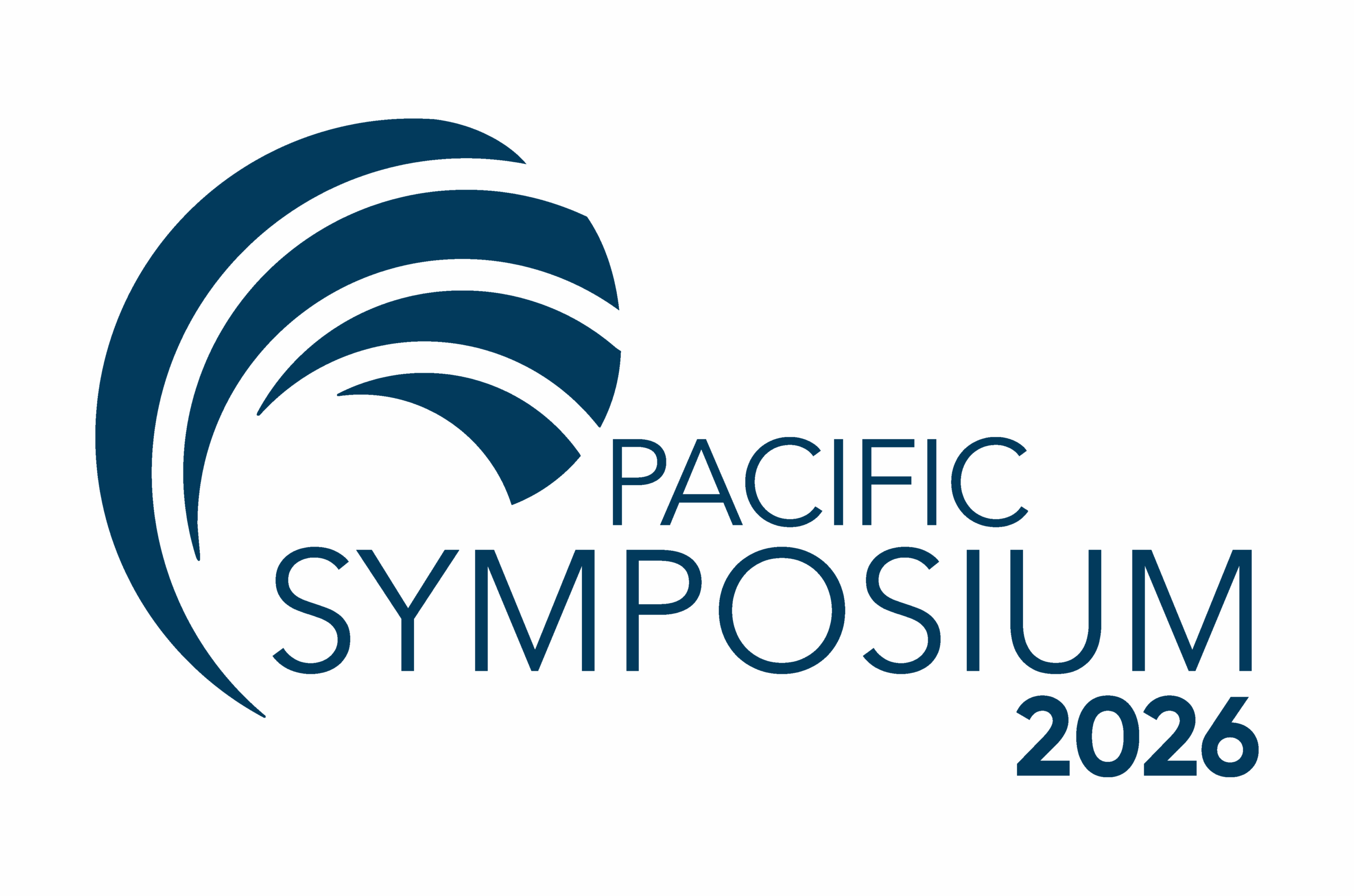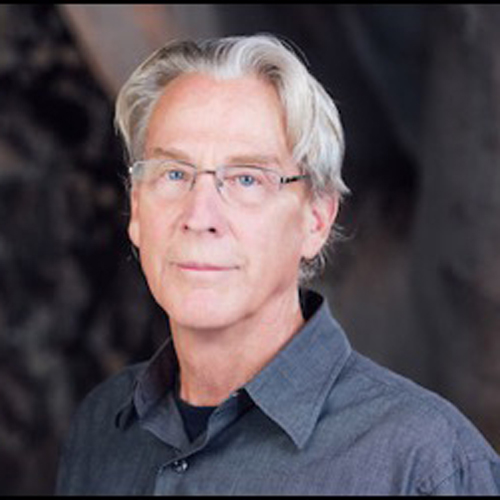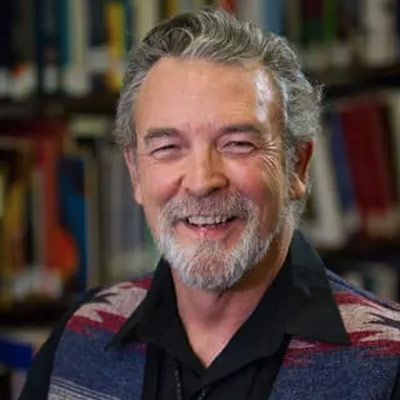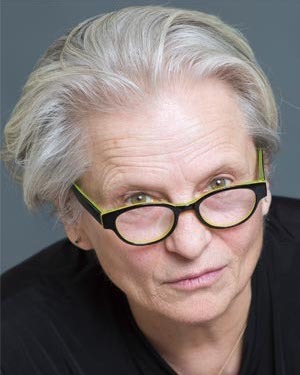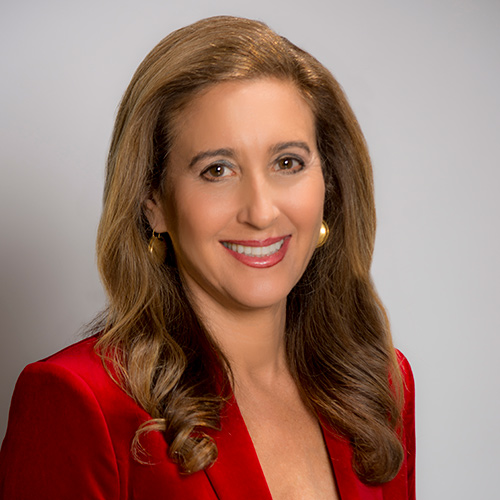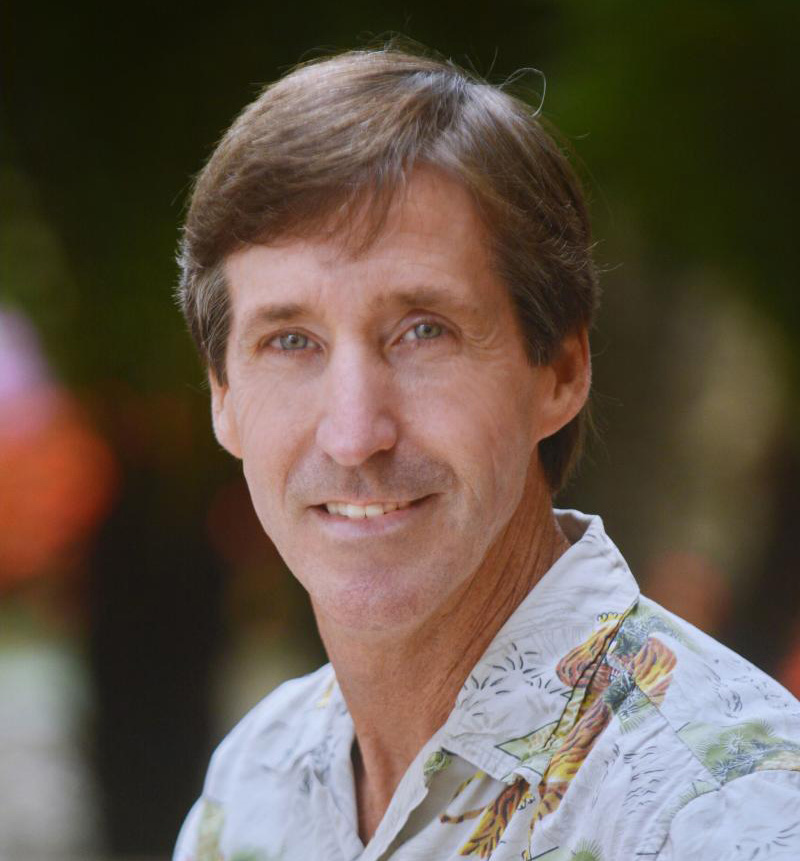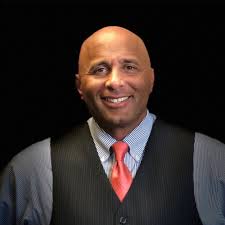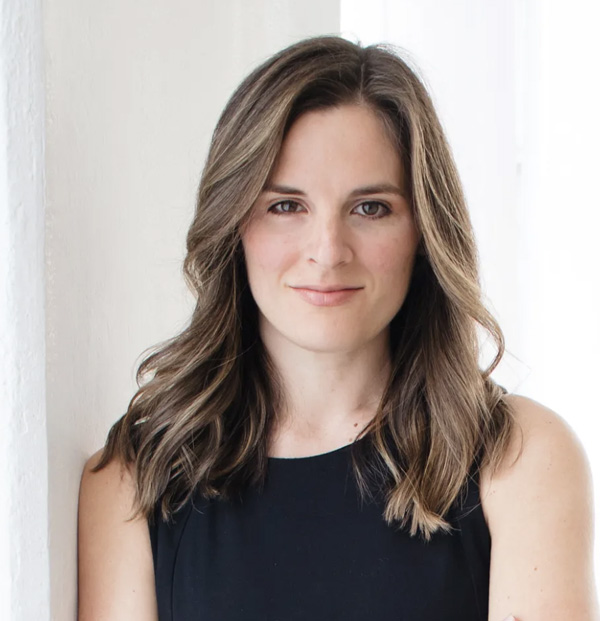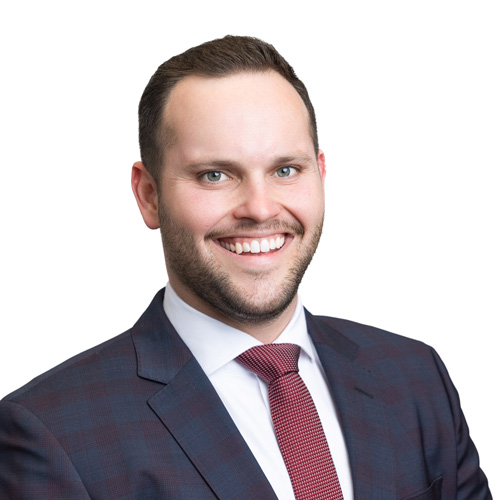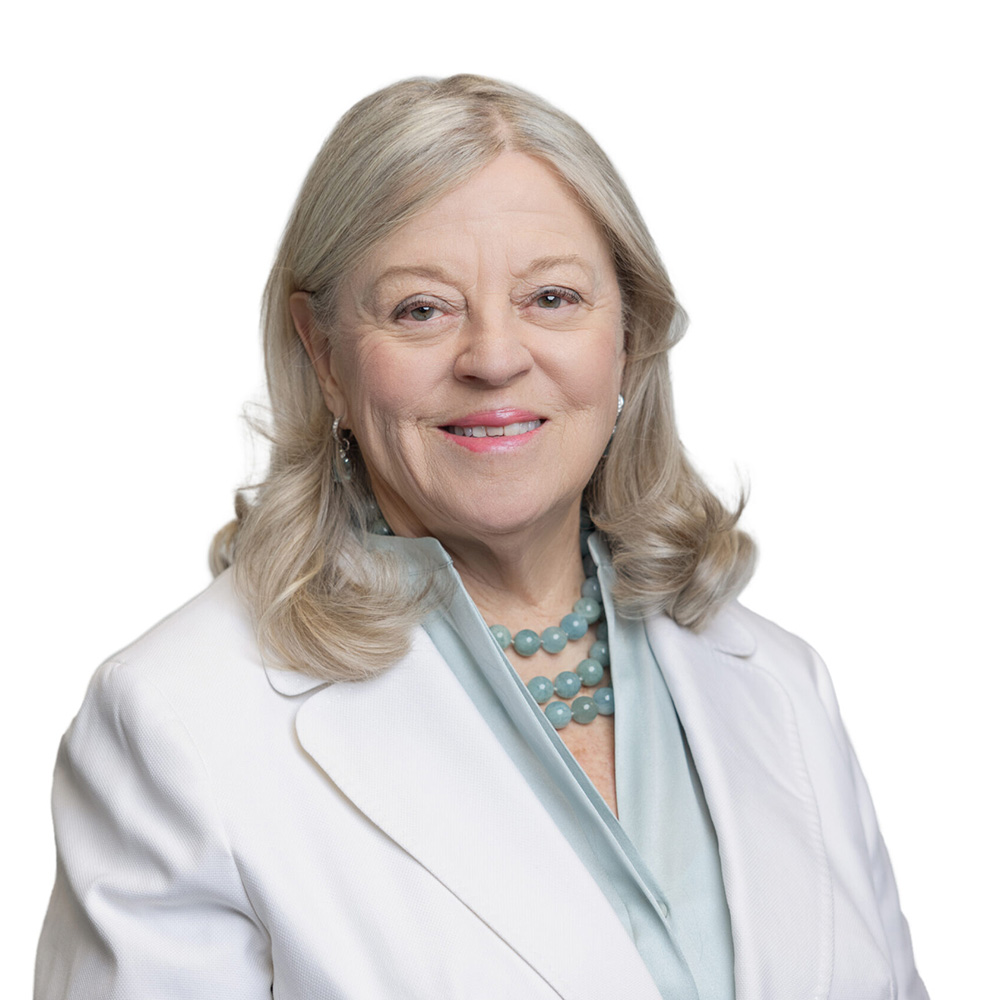Occam’s Razor is one of the most useful (yet misunderstood) models of problem solving in your toolbox, but in essence, it can be interpreted as “keep it simple.” Simple solutions are often the best, in acupuncture and in the rest of life, as they involve fewer assumptions. How does this play out in medicine and in acupuncture? When using one point to affect more than one problem, the rest of the puzzle pieces often fall into place. In diagnosis, we can sift through all of the signs and symptoms to arrive at a simple diagnosis rather than considering a complicated and interwoven set of interactions. In medicine, after all, the problem is most likely to be a common condition. Dr. Reaves will illustrate the use of this principle as it can be applied in musculoskeletal cases, making diagnosis and treatment more confident and effective, to encourage democratizing the field among practitioners so the largest number can achieve the most success with diagnosis and treatment.
